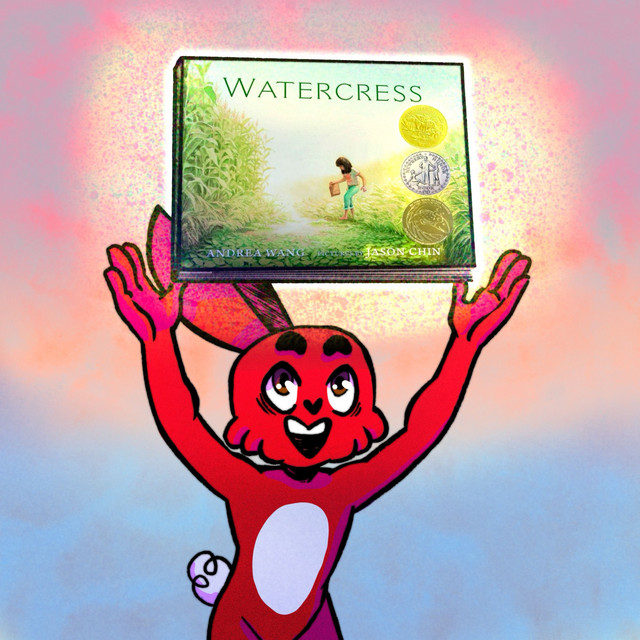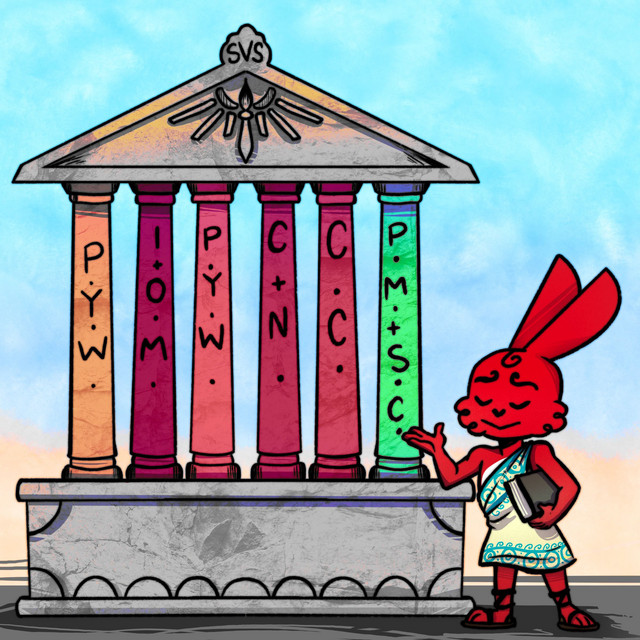
Anonymous asks, “How do I choose between illustrating for adults or children?”
You don’t necessarily have to pick between the two! Many artists illustrate for both audiences. You may find, however, that you prefer one over the other. You’ll only discover what you like best by trying.
Give yourself the chance to play in both adult and children’s illustrations. Make some small zines or mini projects aimed at different age groups and see if one is more enjoyable.
You can’t go wrong here; the only mistake you could make is not getting started. Experimentation will lead you to what you love. Embrace the process of trial and error and don’t pigeon-hole yourself into one market when there are so many possibilities available.
Feena asks, “I've been studying art fundamentals for nearly four and a half years, but have created little to no personal art. I'm struggling to create any personal work, despite all of my studying and consistent drawing. Should I continue to study until I have mastered art fundamentals, or should I focus more on creating personal work?”
Studying the fundamentals is important and we applaud your discipline! At a certain point, however, aiming for perfection can be an excuse to keep you from trying things that scare you. It’s time to dive into real projects, whether you feel ready or not. (Remember, every project you make will give you additional practice. Often, the practical application of the skills you’ve learned will help you develop faster than studying those skills in isolation.)
Some artists don’t love making personal work, and that’s ok. If that’s you, simply be deliberate about taking on client work or other assignments that propel you to make art. Projects can give you structure, direction, and deadlines that help you get down to creating.
If you’re overwhelmed with the idea of diving into personal work, reframe how you think about it to make it less intimidating. Personal work doesn’t have to be a fully illustrated comic, a board game, or a mural. It could be as simple as ten minutes a day drawing something interesting to you. No one needs to see it and you could even throw it away when you’re done. Think of it as “personal practice”- time for you to play and explore what you like. You can and should give yourself this gift at every stage of your creative development.
Samantha Cotterill: samanthacotterill.com
Anthony Wheeler: anthonywheelerart.com, chaoticdrawalong.com
Wicked Christmas game by Will Terry
The War of Art by Steven Pressfield







Get the guidance you need on the path to becoming a better illustrator.